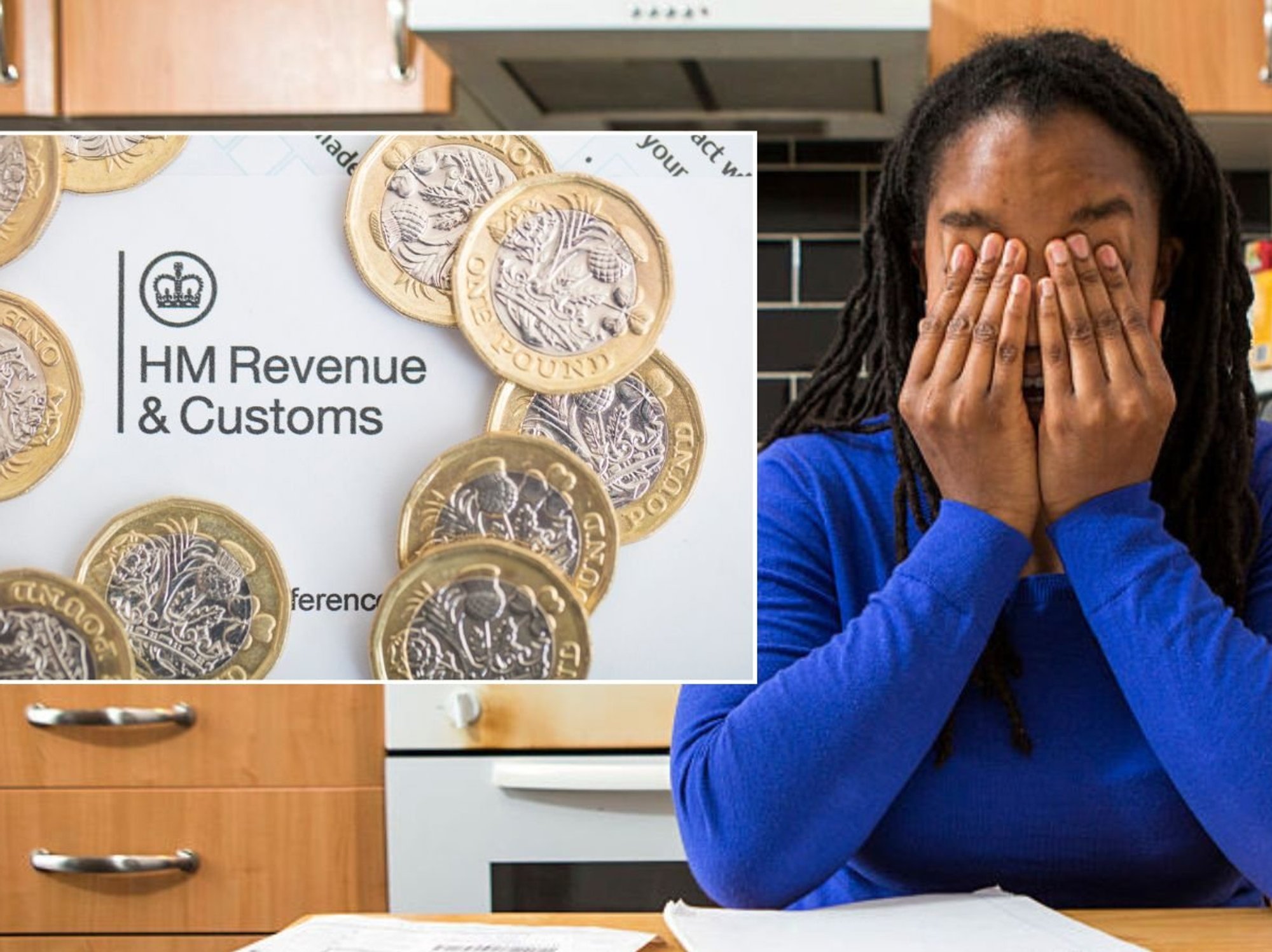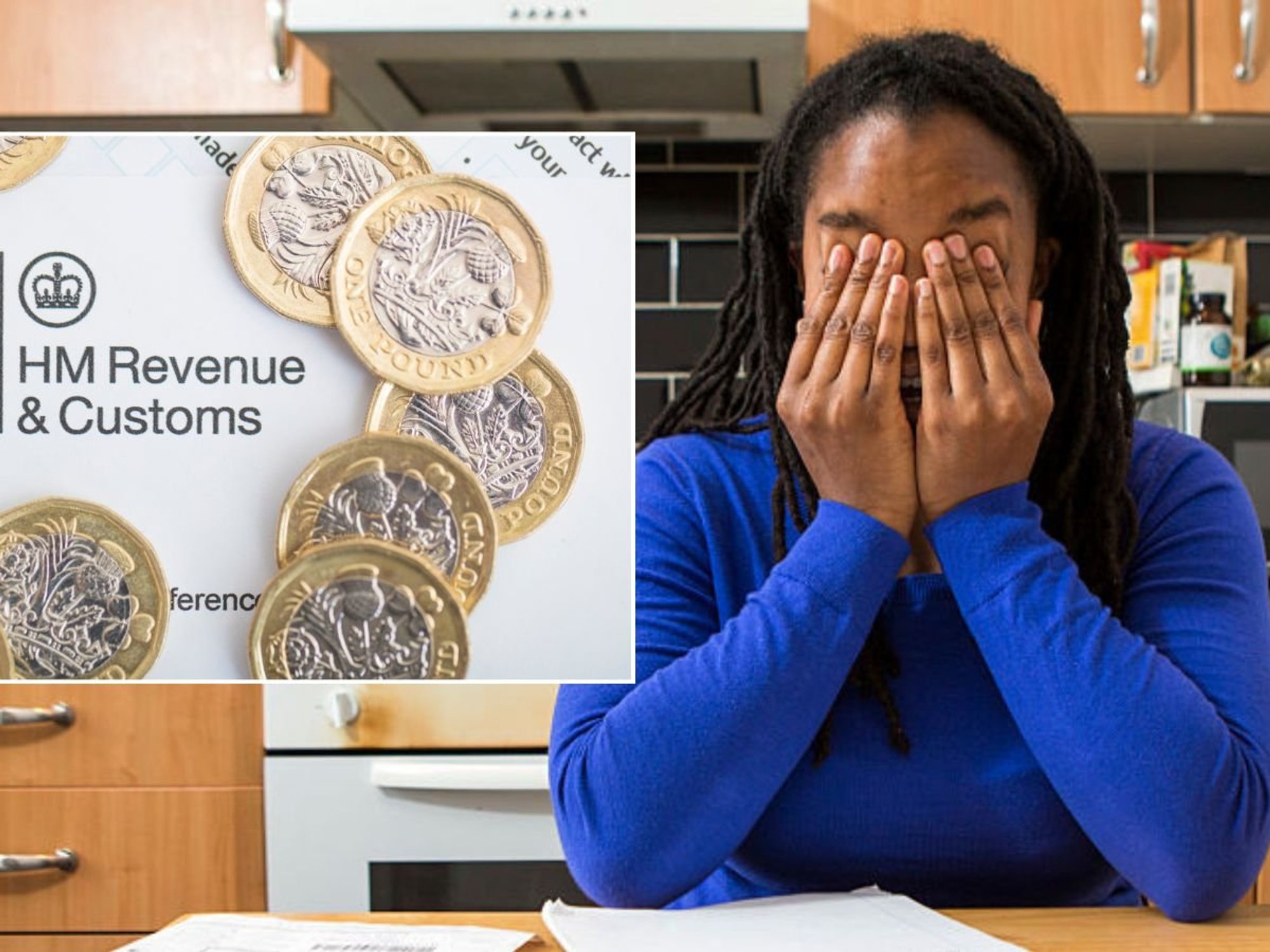Labour plots 'unlimited' council tax raid against millions of Britons - Will you be impacted?
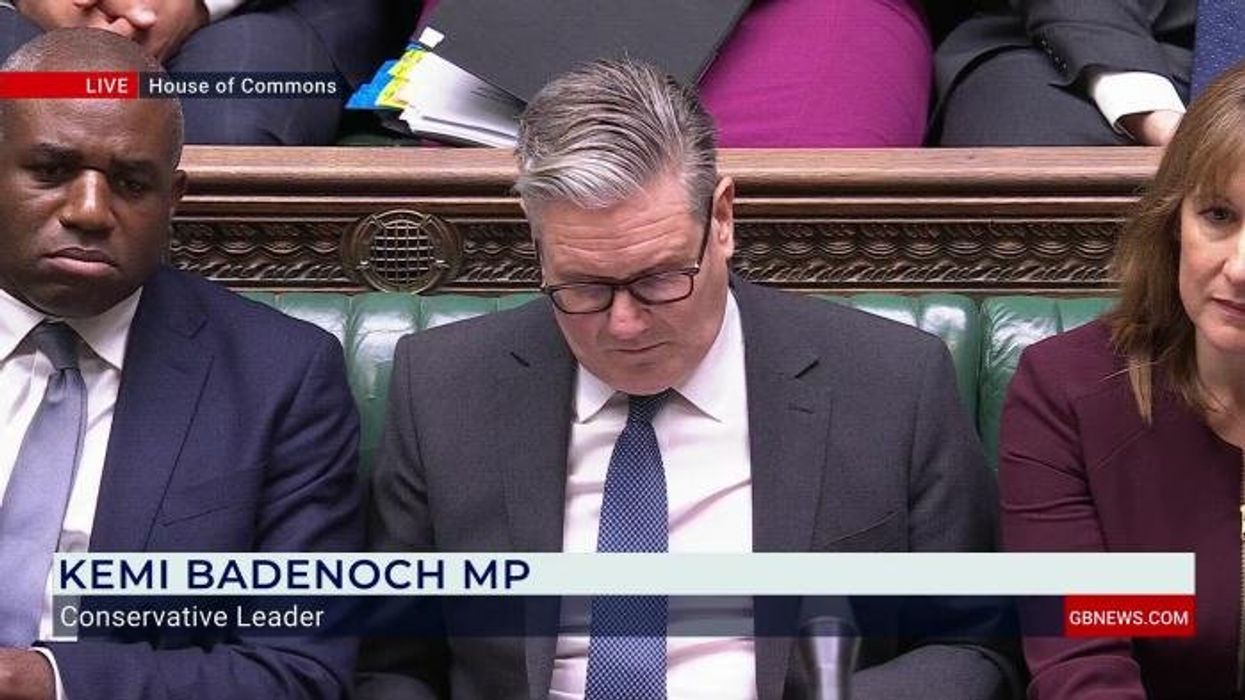
GB NEWS

The Chancellor could change the funding model for council tax to help funnel more cash into Labour-supporting towns
Don't Miss
Most Read
Labour has been accused of plotting to launch an "unlimited" council tax raid against millions of middle-class Britons in yet another blow ahead of Rachel Reeves's Autumn Budget.
The Chancellor, who will unveil her tax-hiking second Budget on November 26, could soon oversee funding cuts to wealthy councils and redistribute the cash to poorer areas.
Deprived towns in the North of England, which are often held by Labour MPs, could benefit from the so-called "fair-funding review".
The review will enable councils to raise rates by more than the current maximum of five per cent.
Local authorities in London, the Home Counties and the East of England could be adversely hit by the proposed changes.
However, affluent commuter towns around Manchester and Birmingham could also soon foot the bill.
The changes would give councils the choice between low bills and additional support covered by the Treasury.
Writing for The Telegraph, Shadow Housing Secretary Sir James Cleverly warned: “It is now entirely possible we will see council tax rates go up by 10 per cent or more in some areas, every year – or 40 per cent by the end of the Parliament.

The Chancellor, who will unveil her tax-hiking second Budget on November 26, is said to be planning to cut funding to wealthy councils and redistribute the cash to poorer areas
|PA
“In fact, there is no limit on what increase councils can ask for, raising the prospect of even bigger hikes.
“This is not a one-off – Labour has committed to a multi-year funding settlement for councils – meaning tax hikes every year.”
Meanwhile, the Housing Department yesterday admitted that “some local authorities may be in a challenging financial position” as a result of the changes.
A spokesman for the Ministry of Housing, Communities and Local Government added: “To strike the right balance between protecting taxpayers and supporting local authorities, the Government will consider local requests for council tax flexibility where a local authority is facing significant local financial difficulty and views additional council tax increases as critical to managing financial risk.
LATEST DEVELOPMENTS
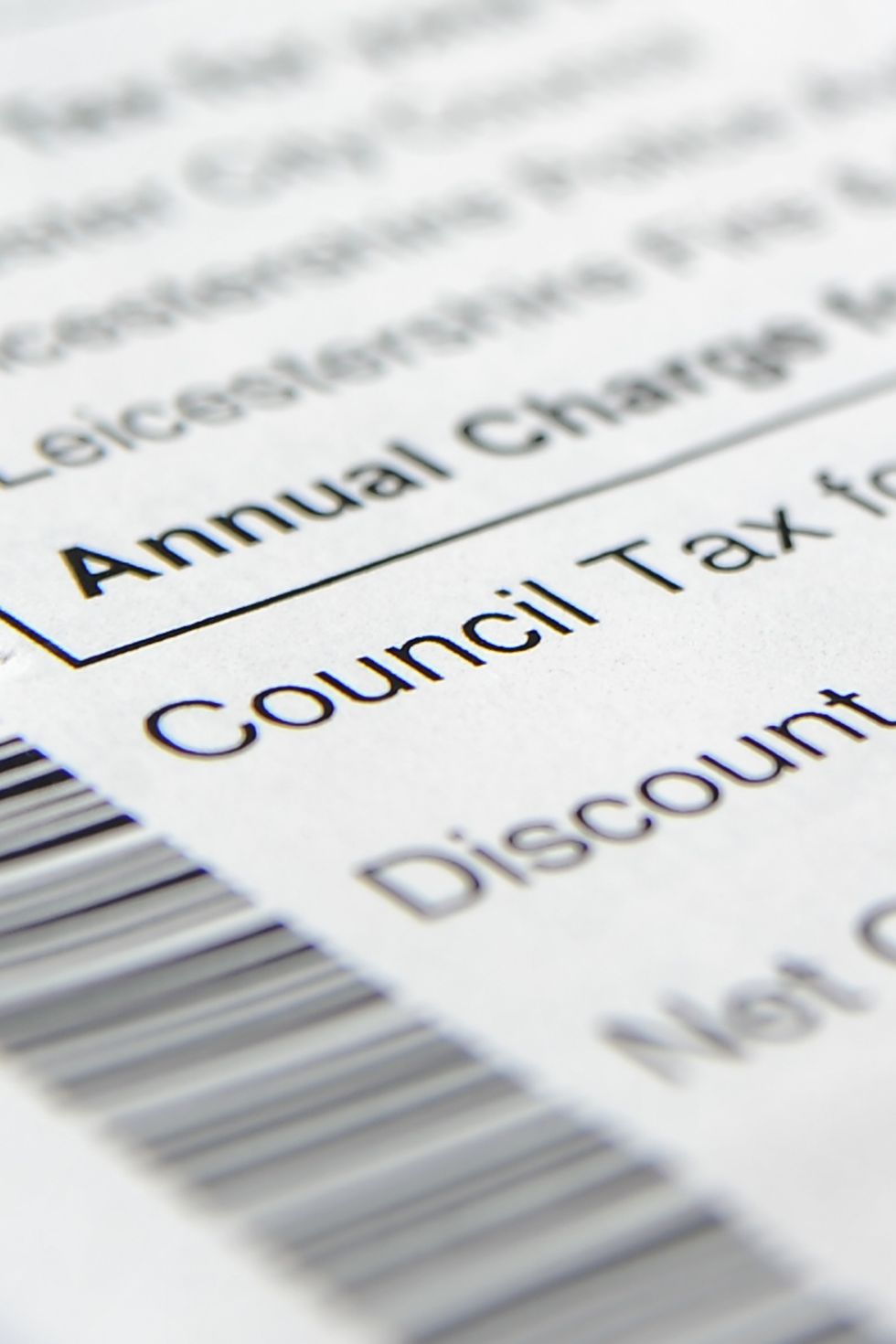 Taxpayers are struggling with the unsustainable burden of council tax | PA
Taxpayers are struggling with the unsustainable burden of council tax | PA“The Government would not agree to requests for additional flexibilities from authorities where council taxpayers are already paying more than average.”
The review would ultimately ensure town halls where bills were below average could request permission to increase council tax by more than five per cent.
Current rules force councils to call a referendum if they want to increase bills by more than five per cent, courtesy of rules introduced by the Tory Party in 2012.
The County Councils Network warned such changes would “unfairly target resources towards urban metropolitan cities and towns”.
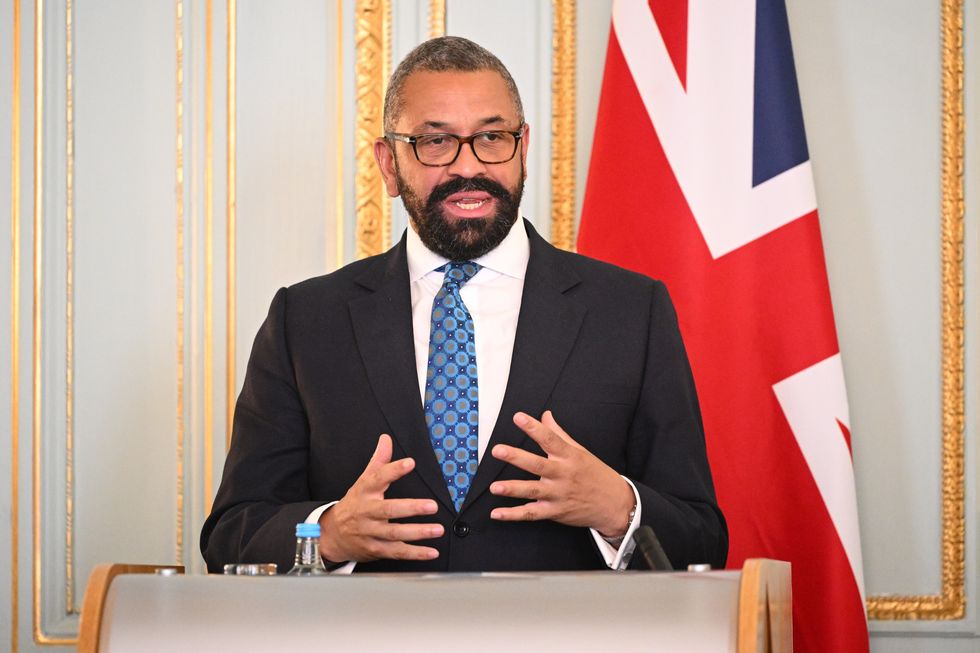
James Cleverly blasted the announcement to change council spending
| PAThe group also claimed the cash injection would come at the expense of rural areas.
However, Ms Reeves is also expected to announce separate changes to council tax in her Autumn Budget.
The Chancellor looks poised to unveil a surcharge on all properties in the highest brackets.
Such changes to bands F, G and H could raise a meagre £600million.
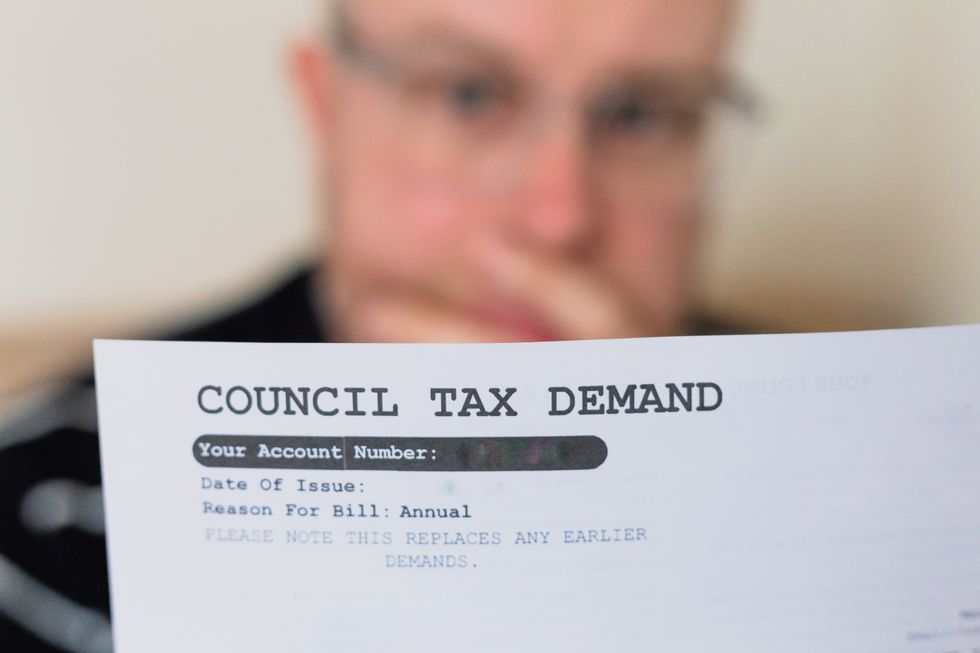
The changes could adversely impact areas in the South of England
| GETTYHowever, Local Government Secretary Steve Reed announced the additional changes to spending.
Officials have said such changes would “correct historic imbalances” in the system.
“We are reforming the funding system that led to regional divides, postcode lotteries, and substandard public services for too many people,” Mr Reed added.
“Our changes will make sure cash going to councils is shared out in a fairer way that follows needs.”






